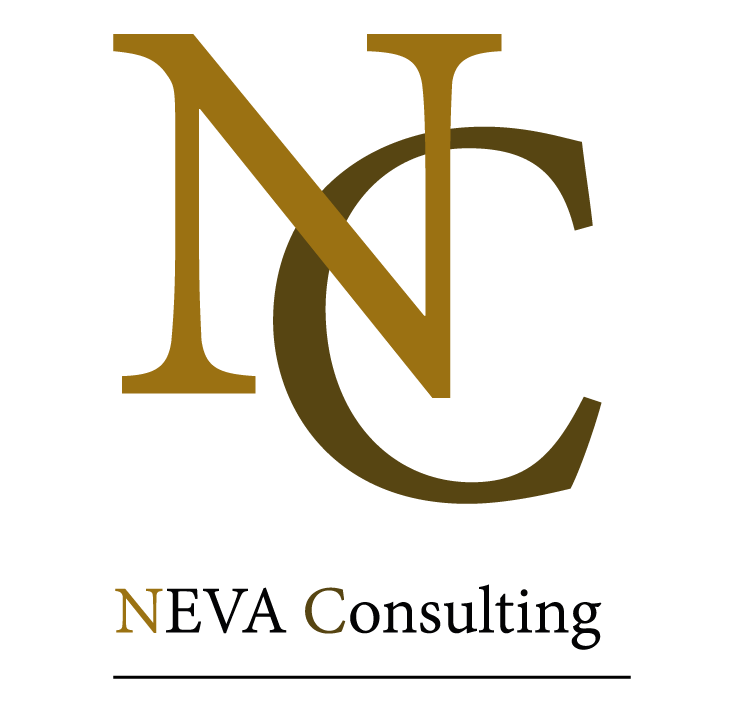Lorem ipsum dolor sit amet, consectetur adipiscing elit. Ut elit tellus, luctus nec ullamcorper mattis, pulvinar dapibus leo.
Effective corporate governance in a VUCA world.
14 February 2023 – Vanessa Galhardo-Galhetas
More than ever, organisations are in need of a clear set of rules, practices, and processes by which a company is directed and controlled. In fact, effective corporate governance can help organizations overcome the challenges posed by technology disruptors, climate change, and the transition to new energy sources by providing a framework for transparent and accountable decision-making, improving risk management, and fostering innovation.
Multiples challenges for organisations
Forty percent of global CEOs think their organisation will no longer be economically viable in ten years’ time, if it continues on its current course. That stark data point underscores a dual imperative facing 4,410 CEOs from 105 countries and territories who responded to PwC’s 26th Annual Global CEO Survey.
PwC asked CEO’s about the forces most likely to impact their industry’s profitability over the next ten years, about half or more of surveyed CEOs cited changing customer preferences, regulatory change, skills shortages and technology disruption. Roughly 40% flagged the transition to new energy sources and supply chain disruption.
Increased pressure from stakeholders
Companies are facing increased pressure from investors, regulators, and consumers to address environmental risks and transition to more sustainable business models. An important element in handling these challenges will be to set-up an effective corporate governance.
Effective corporate governance in a VUCA world
Effective corporate governance in a VUCA world involves adapting the principles and practices of governance to meet the challenges posed by a rapidly changing business environment.
Some key elements of effective corporate governance in a VUCA world include:
- Ethical behavior: Corporate governance in a VUCA world must emphasize ethical behavior and a commitment to responsible business practices. This includes a focus on social and environmental sustainability, and an adherence to high standards of corporate ethics and integrity.
- Strong leadership: Corporate governance in a VUCA world requires strong and visionary leadership that can navigate uncertainty, complexity, and ambiguity. Effective leaders must be able to think strategically, identify and manage risks, and make difficult decisions quickly and effectively.
- Adaptive decision-making: Corporate governance in a VUCA world must be agile and adaptive, with the ability to respond quickly to changing circumstances. This requires a culture of continuous learning and improvement, and the development of processes and systems that can quickly adapt to new information and changing conditions.
- Stakeholder engagement: Effective corporate governance in a VUCA world requires a deep understanding of the needs and perspectives of stakeholders, and an ability to engage with them in a meaningful and productive way. This includes regular and transparent communication with shareholders, customers, employees, and other key stakeholders.
- Effective risk management: Corporate governance in a VUCA world must prioritize effective risk management, with a focus on identifying and mitigating risks associated with the business environment, including risks related to technology, the economy, and the environment.
In conclusion, effective corporate governance in a VUCA world requires strong leadership, adaptive decision-making, stakeholder engagement, effective risk management, and a commitment to ethical behavior. These elements help organizations to effectively navigate the challenges posed by a rapidly changing business environment and build sustainable, long-term value for all stakeholders.
Would you like to learn more or understand what this means for your organization?
Do not hesitate to contact us.
